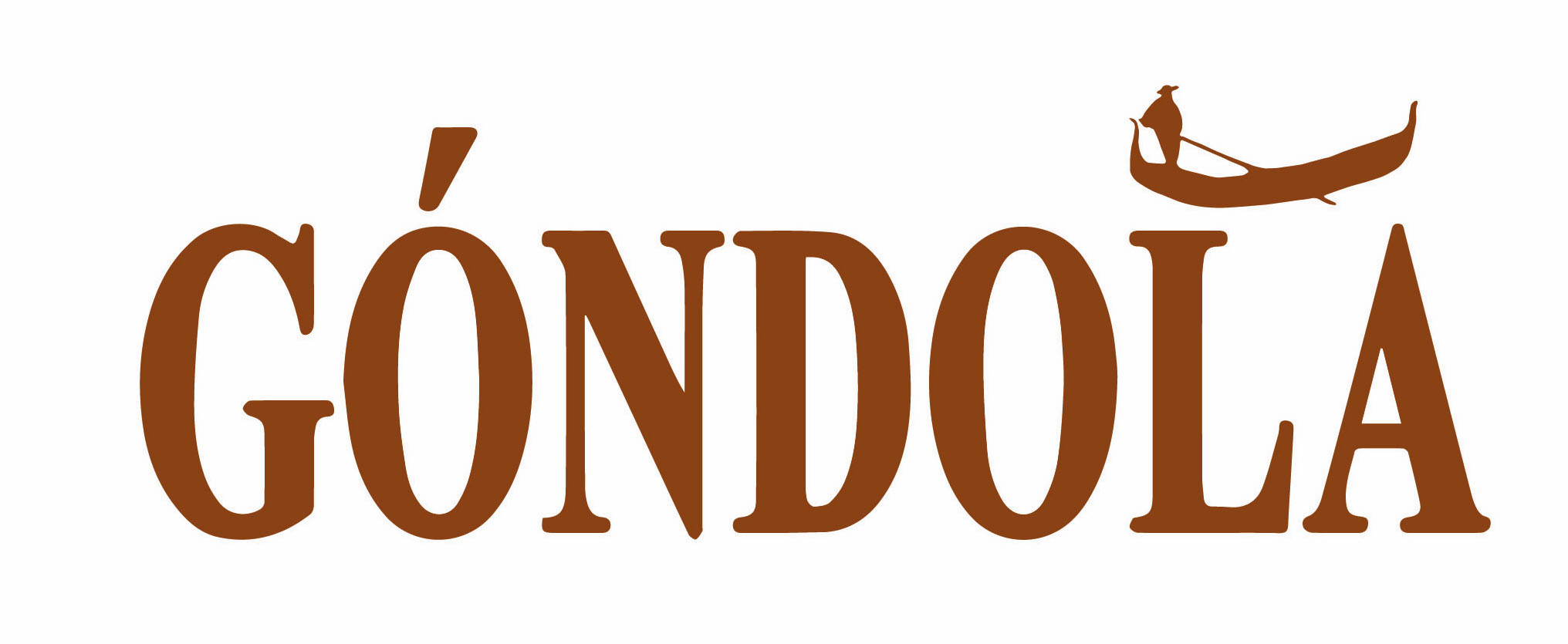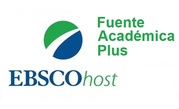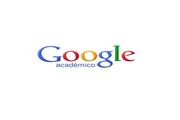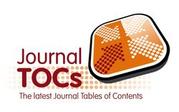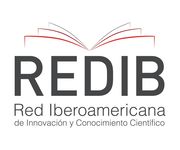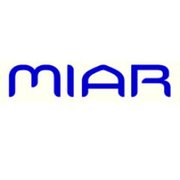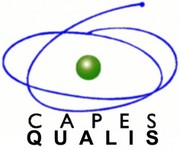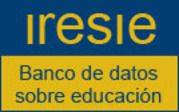DOI:
https://doi.org/10.14483/23464712.5307Published:
2007-01-01Issue:
Vol. 2 No. 1 (2007)Section:
ARTICLESElectromagnetismo
ELECTROMAGNETISM
Keywords:
Electromagnetism, physics teaching (en).Keywords:
Electromagnetismo, enseñanza de la física (es).Downloads
Abstract (es)
En este trabajo hacemos una propuesta metodológica para la enseñanza del electromagnetismo, por medio de la cual se pretende lograr que los estudiantes comprendan el fenómeno a partir de sus experiencias cotidianas, con los dispositivos cotidianos que tienen en su entorno. Se propone una enseñanza por investigación en donde el alumno además de aprender la física desarrolle otras habilidades y cree bases para sus estudios superiores. Nos enfocamos en la relación que existe entre la electricidad y el magnetismo.
Abstract (en)
In this work we present a methodological proposal for teaching electromagnetism, by means of which it is tried to get students to understand the phenomenon from their daily experiences, with the everyday devices they have in their environment. Research teaching is proposed in which students, in addition to learning physics, develop other skills and create bases for their higher studies. We focus on the relationship between electricity and magnetism.
References
Solano Macías Francisco. (2004). Enseñanza de la Electricidad desde una perspectiva constructivista en los diferentes niveles del sistema educativo: determinación de preconcepciones y propuesta de la utilización de nuevas metodologías didácticas para su corrección”. Articulo.
Guisasola, J. (1996): Análisis crítico de la enseñanza de la electrostática en el Bachillerato y propuesta alternativa de orientación constructivista. Tesis doctoral. Departamento de Física Aplicada. Universidad del País Vasco.
Reid, D.J. y Hodson, D. (1993): Ciencia para todos en Secundaria. Ed. Narcea. Madrid
How to Cite
APA
ACM
ACS
ABNT
Chicago
Harvard
IEEE
MLA
Turabian
Vancouver
Download Citation
License
Gondola, Ens Aprend Cienc. is an open-access publication, free of charge for authors and readers. The publication, consultation or download of the contents of the magazine does not generate any cost for the authors or the readers, since the Francisco José de Caldas District University assumes the expenses related to edition, management and publication. The peer evaluators do not receive any economic retribution for their valuable contribution. The work of all the actors mentioned above is understood as a contribution to the strengthening and growth of the research community in the field of Science Education.
As of December 1, 2018 the contents of the journal are published under the terms of the Creative Commons License Attribution-Noncommercial- ShareAlike 4.0 International (CC-BY-NC-SA 4.0), under which others may distribute, remix, retouch, and create from the work in a non-commercial way, give credit and license their new creations under the same conditions.
The copyright holders are the authors and the journal Gondola, Ens Aprend Cienc. The holders retain all rights without restrictions, respecting the terms of the license in terms of consultation, downloading and distribution of the material.
When the work or any of its elements is in the public domain according to the applicable law in force, this situation will not be affected by the license.
Likewise, we encourage authors to deposit their contributions in other institutional and thematic repositories, with the certainty that culture and knowledge is a good of all and for all.



